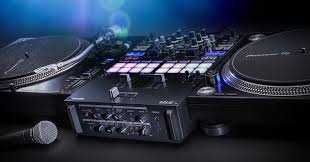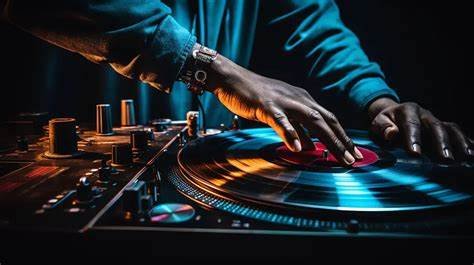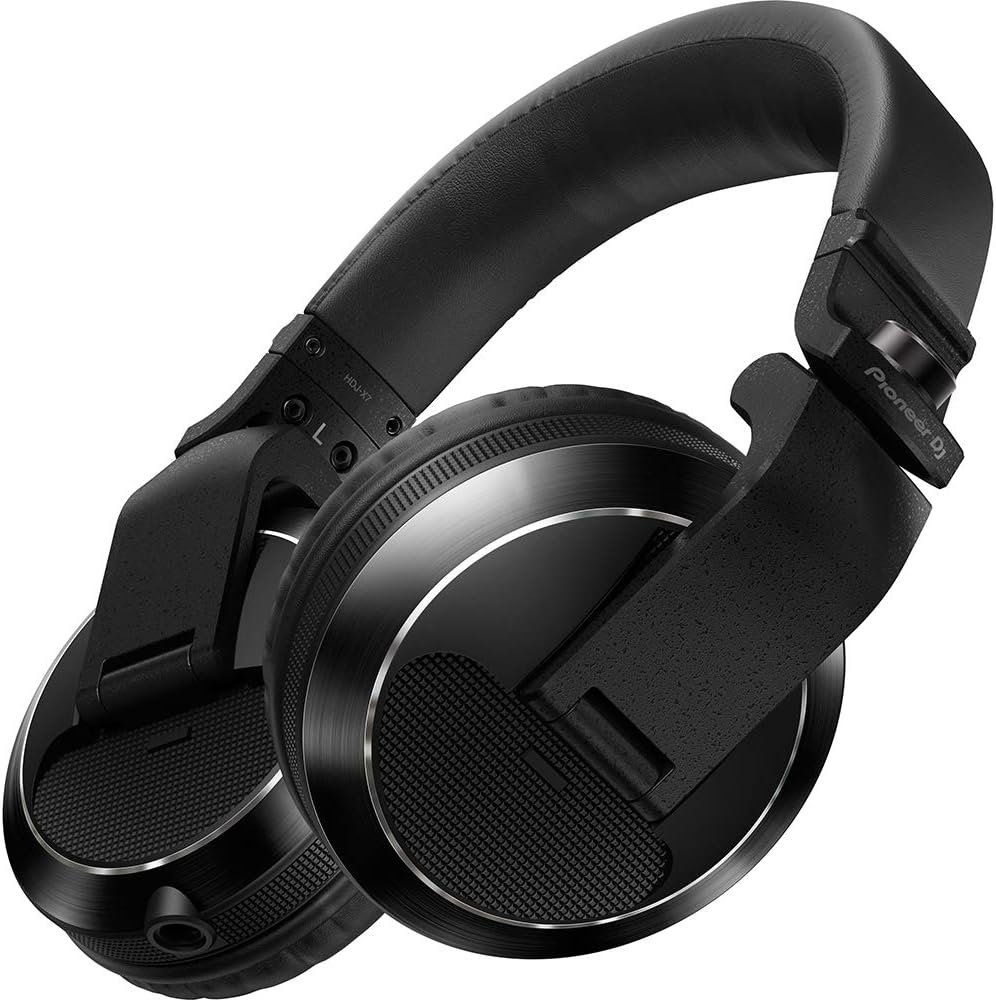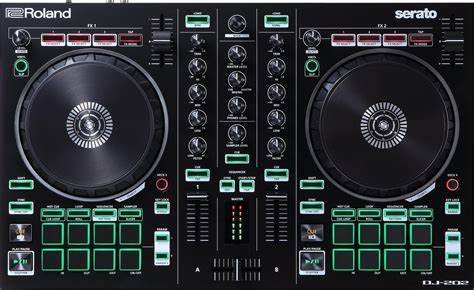A DJ mixer is one of the most important pieces of equipment in your DJ setup. It allows you to blend, manipulate, and transition between tracks, making it essential for any DJ performance. Whether you’re a beginner or a seasoned professional, selecting the right DJ mixer can make a significant difference in the quality of your sets. In this guide, we’ll explore the essential features to look for in a DJ mixer to help you make an informed choice.
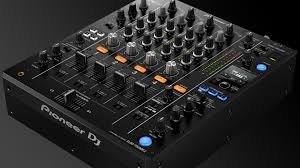
1. Number of Channels
The first feature to consider when choosing a DJ mixer is the number of channels. A channel refers to each audio input on the mixer where you can connect a turntable, CDJ, or other audio source. Most basic mixers have 2 channels, which is perfect for DJs who are just starting out and plan to mix two tracks at once.
For more advanced DJs who perform with multiple devices or need more versatility, mixers with 3 or 4 channels are ideal. A 4-channel mixer, such as the Pioneer DJ DJM-450, allows you to mix more sources (e.g., multiple turntables, a laptop, and a sampler) simultaneously. When choosing a mixer, consider how many devices you plan to connect to it, and choose accordingly.
2. EQ Controls
EQ controls (equalization) allow you to adjust the bass, midrange, and treble frequencies of each channel. This feature is essential for shaping the sound of your tracks, ensuring they blend seamlessly, and cutting through the mix.
Most DJ mixers have a 3-band EQ (bass, mid, treble), but some high-end mixers offer a 4-band EQ for more precise control. Look for smooth, responsive EQ knobs that are easy to use during live performances. A mixer with good EQ controls lets you fine-tune your mix, create dynamic transitions, and adapt to different music genres and room acoustics.
3. Faders and Crossfader
Faders control the volume of each channel, while the crossfader allows you to blend or fade between two tracks, typically on channels 1 and 2. A smooth, responsive fader and crossfader are critical for flawless mixing. When selecting a DJ mixer, ensure that the faders feel comfortable to use and have a smooth, consistent motion.
Some mixers feature replaceable crossfaders, which are helpful if you plan on using the mixer for scratching or aggressive transitions. Pioneer DJ mixers, like the DJM-900NXS2, offer high-quality, durable faders and crossfaders designed to withstand heavy use.
4. Built-in Effects
Many modern DJ mixers come with built-in effects that add flair and creativity to your set. These effects can range from simple filters to complex delays, reverb, and beat-synced effects. Having effects at your fingertips allows you to manipulate the sound in real time, adding dramatic moments to your performance.
When selecting a mixer, check the number and variety of built-in effects. Some mixers, like the Allen & Heath Xone:96, offer high-quality effects with deep customization, while others may have simpler, more straightforward options. Make sure the mixer has enough effects to enhance your mixes without overwhelming you.
5. Sound Quality and Headroom
Sound quality is one of the most critical aspects of any DJ mixer. The better the sound quality, the more professional your mix will sound. Look for mixers with high-resolution audio circuitry and ample headroom, which ensures clear, distortion-free sound even when playing at loud volumes.
A good mixer should offer a clean signal path and low noise levels. Many high-end mixers use 24-bit/96kHz audio resolution, which provides a wider dynamic range and better overall sound fidelity. For example, the Rane Seventy-Two offers excellent sound quality with minimal distortion, making it a top choice for professionals.
6. Input and Output Options
The input and output options on your mixer are crucial for connecting your devices and sending your audio to speakers or recording equipment. Look for mixers with various input options such as RCA, XLR, and TRS (1/4-inch) connectors, so you can easily connect turntables, CDJs, laptops, or external sound sources.
For outputs, make sure your mixer has the necessary connections to send audio to speakers or an external sound system. Master output and booth output are standard, and a record out connection can be useful for recording your mixes. Additionally, check if the mixer includes USB connectivity for digital DJing with software like Serato, Rekordbox, or Traktor.
7. Build Quality and Durability
Since DJ mixers are used in high-pressure environments, build quality and durability are essential. You want a mixer that can withstand frequent transport and long hours of use. Look for a mixer with a solid metal or reinforced plastic chassis, as well as durable knobs and faders.
A mixer with a rugged design will last longer and perform better under demanding conditions. Popular brands like Pioneer DJ, Allen & Heath, and Rane are known for their durable, well-constructed mixers, which are designed to handle the wear and tear of live performances.
8. Size and Portability
The size and portability of your DJ mixer depend on how you plan to use it. If you’re primarily DJing at home, a larger, feature-rich mixer may be ideal. However, if you’re traveling to gigs or performing on the go, a more compact, lightweight mixer may be better suited for your needs.
Some mixers, like the Pioneer DJ DJM-250MK2, offer a good balance between portability and features, making them perfect for mobile DJs who need to transport their gear frequently. When selecting a mixer, consider how much space you have available for your setup and how easy it is to transport.
9. Software Compatibility
Many modern DJ mixers are designed to work seamlessly with DJ software, allowing you to integrate digital files and control them directly from the mixer. Ensure that the mixer you choose is compatible with your preferred DJ software, such as Serato DJ, Rekordbox, or Traktor.
Some mixers come with bundled software or have built-in sound cards, making it easy to plug and play. If you plan on using a laptop or digital setup, check if the mixer includes USB connectivity and supports your chosen software.
Conclusion
Choosing the right DJ mixer depends on your style, needs, and budget. Start by considering the number of channels you need, the quality of the EQ controls, and the types of effects you want to use. Pay attention to build quality, input/output options, and the durability of the mixer to ensure it can withstand the demands of live DJing.
For beginners, a 2-channel mixer with basic EQ and effects may be all you need. However, as you advance, you may want to explore mixers with more channels, high-quality sound, and additional features like customizable effects. No matter which mixer you choose, make sure it fits your style, offers the functionality you need, and allows you to perform confidently.







